Metropolitan Hospital Center - Day Treatment

Overview
Metropolitan Hospital Center - Day Treatment is an substance abuse treatment center that provides outpatient treatment for men and women from 18+ years of age. As part of their special programs, Metropolitan Hospital Center - Day Treatment To help patients achieve sobriety, Metropolitan Hospital Center - Day Treatment provides intake assessments. Afterward, patients receive family counseling, cognitive behavioral therapy, and group counseling during treatment. Metropolitan Hospital Center - Day Treatment is located in New York City, New York, providing treatment for people in New York County, accepting medicaid, private health insurance, and cash or self-payment.
Metropolitan Hospital Center - Day Treatment at a Glance
Payment Options
- Medicaid
- Private health insurance
- Cash or self-payment
- State-financed health insurance plan other than Medicaid
- Medicare
Assessments
- Comprehensive mental health assessment
- Comprehensive substance use assessment
Age Groups
- Adults
- Young adults
Operation
- State government
Highlights About Metropolitan Hospital Center - Day Treatment
6.62/10
With an overall rating of 6.62/10, this facility has following balanced range of services. Alcohol Rehabilitation: 8.00/10, Drug Rehab and Detox: 6.00/10, Insurance and Payments: 6.00/10, Treatment Options: 6.49/10.-
Alcohol Rehabilitation 8.00
-
Treatment Options 6.49
-
Drug Rehab and Detox 6.00
-
Insurance and Payments 6.00
Treatment At Metropolitan Hospital Center - Day Treatment
Treatment Conditions
- Mental health treatment
- Substance use treatment
- Co-occurring Disorders
Care Levels
- Outpatient
Treatment Modalities
- Family counseling
- Cognitive Behavioral Therapy
- Group counseling
- Experiential Therapy
- Marital/couples counseling
Get Help Now
Common Questions About Metropolitan Hospital Center - Day Treatment
Contact Information
Other Facilities in New York City
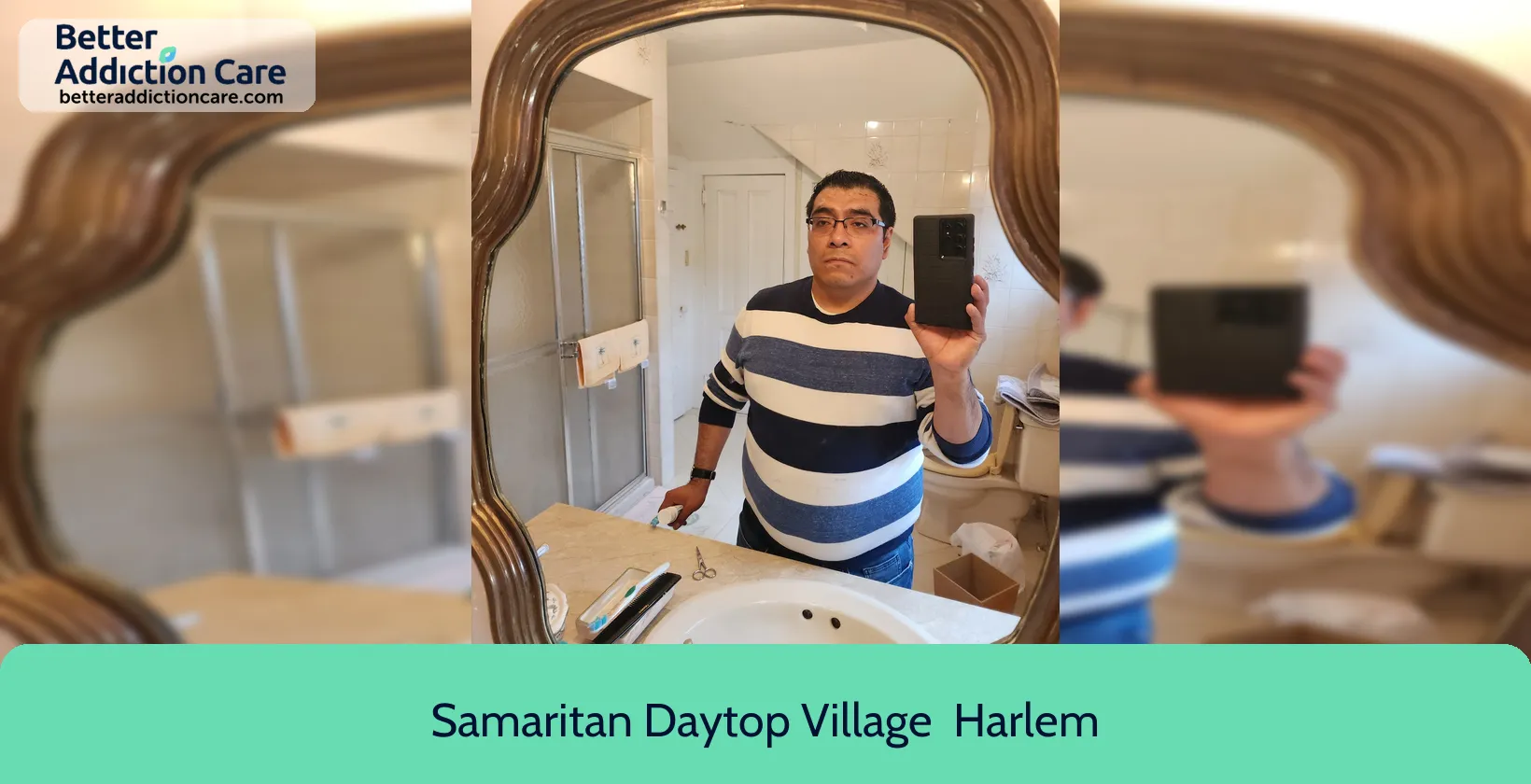
7.41
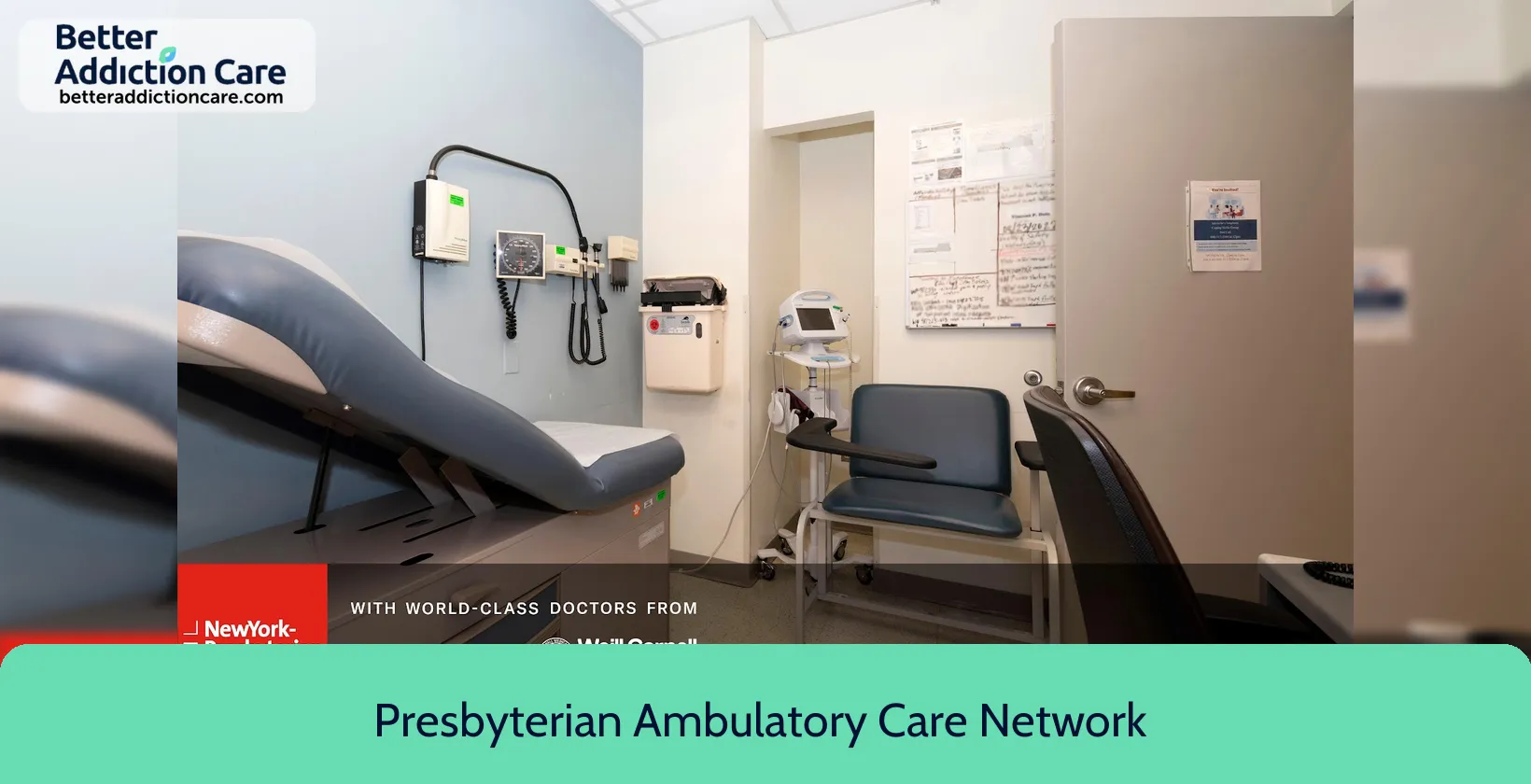
7.27
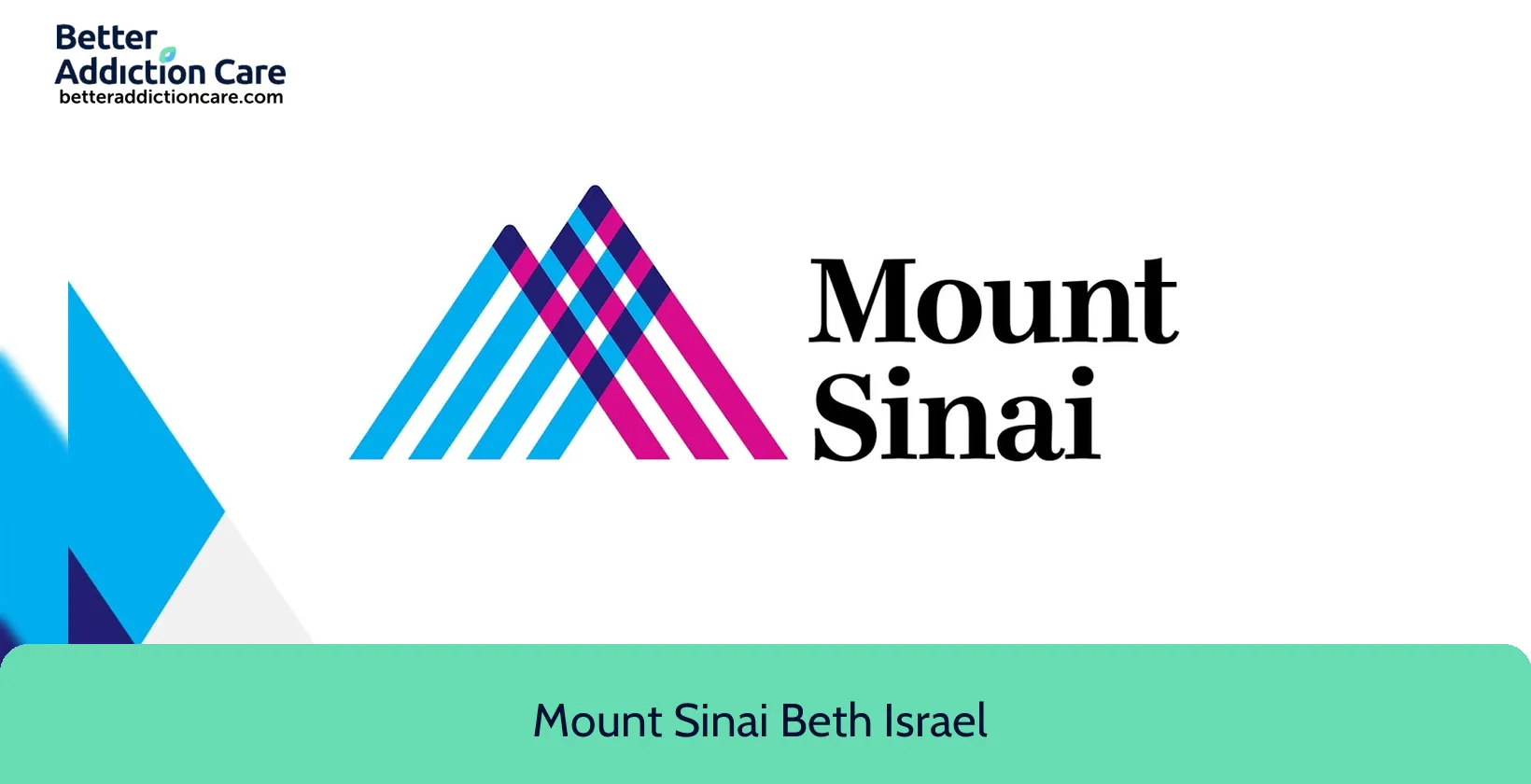
7.68
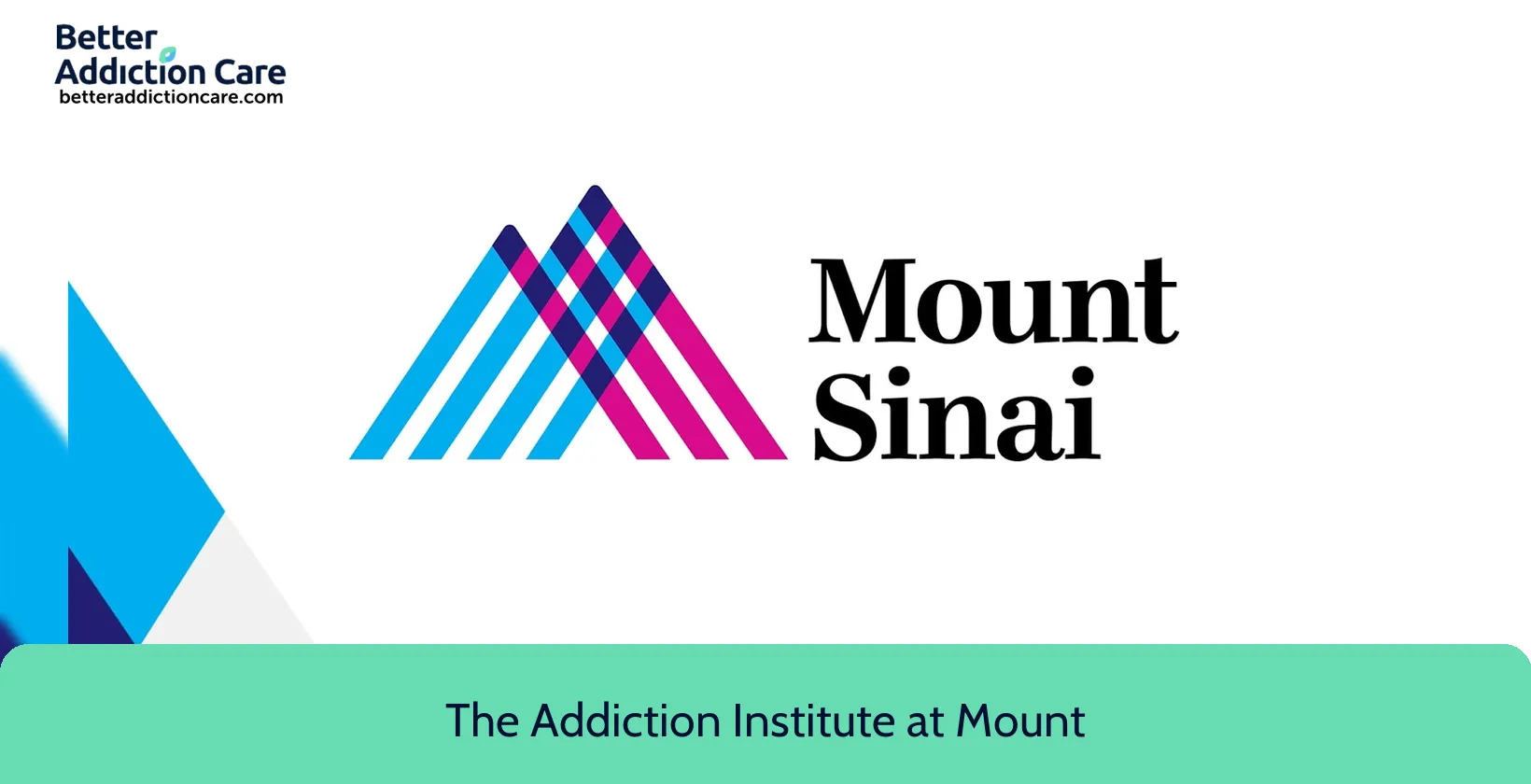
7.50
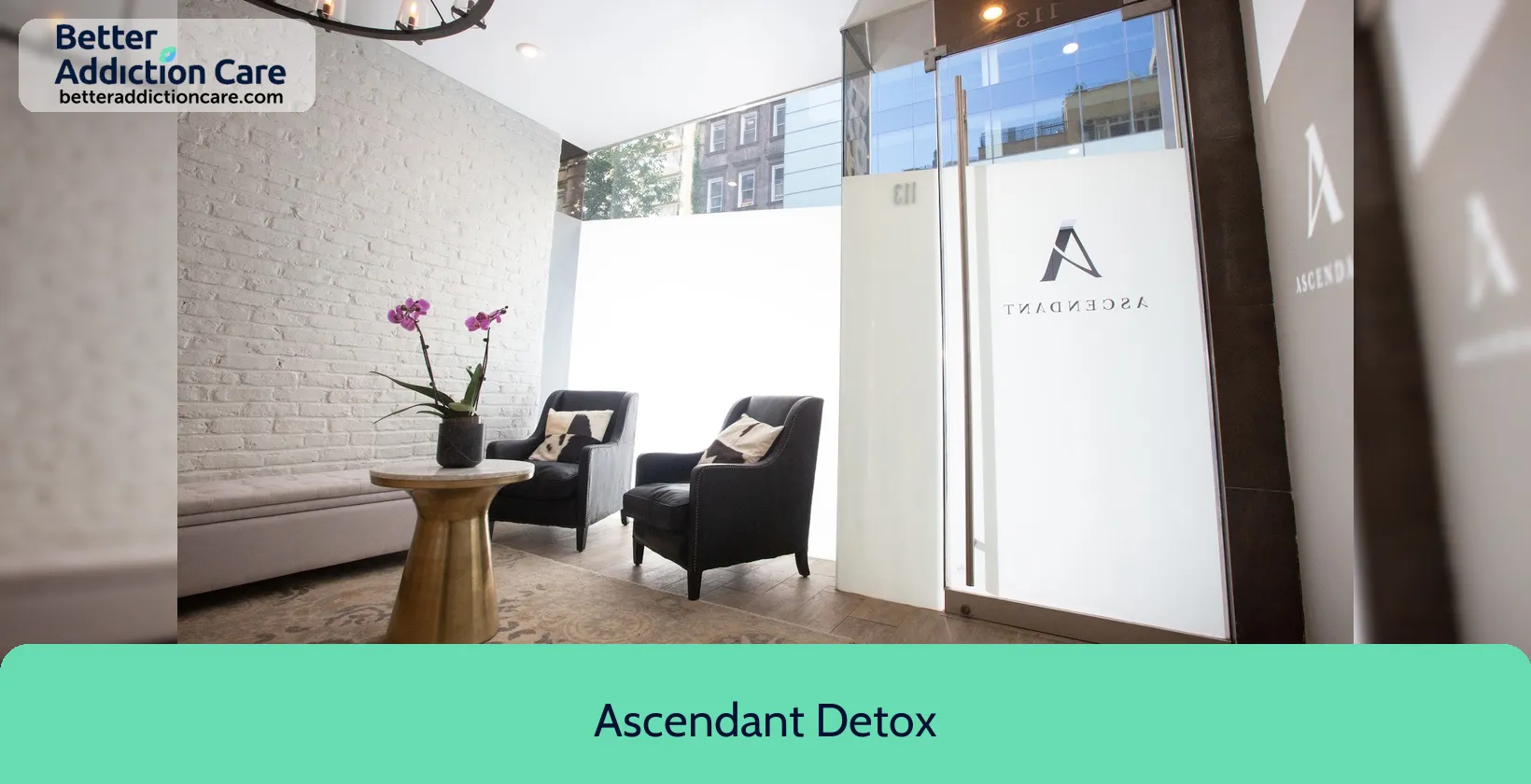
7.52
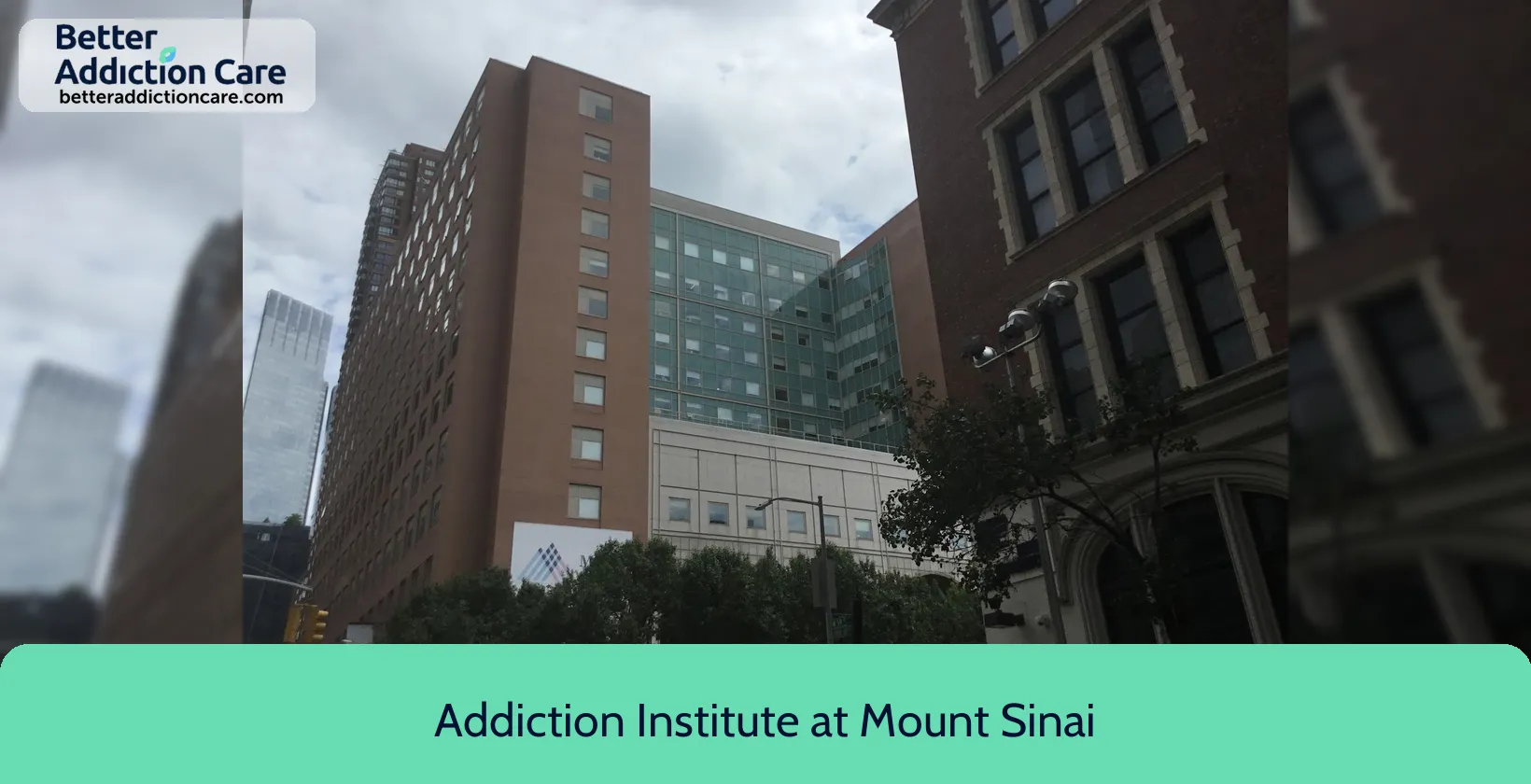
7.28
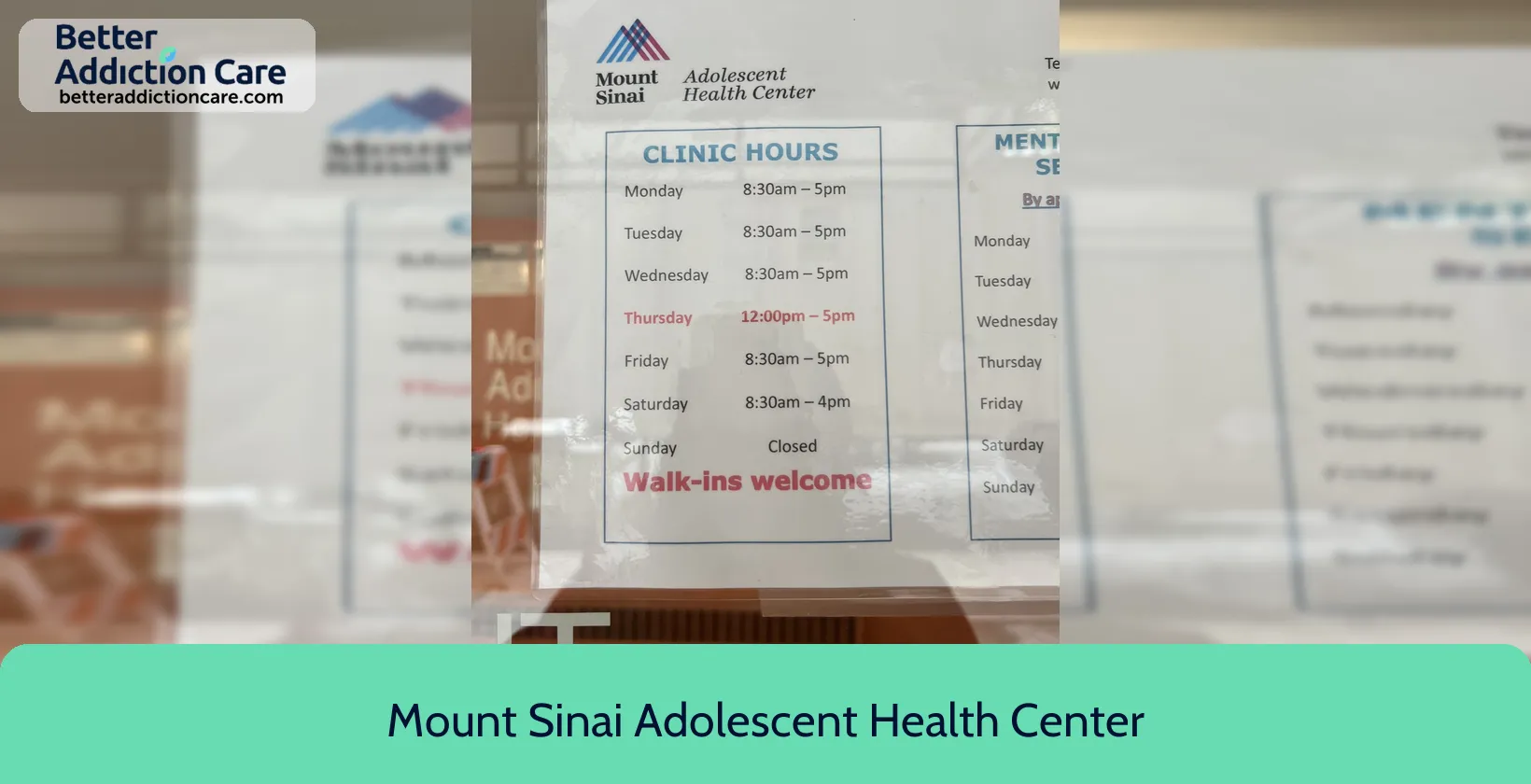
6.93
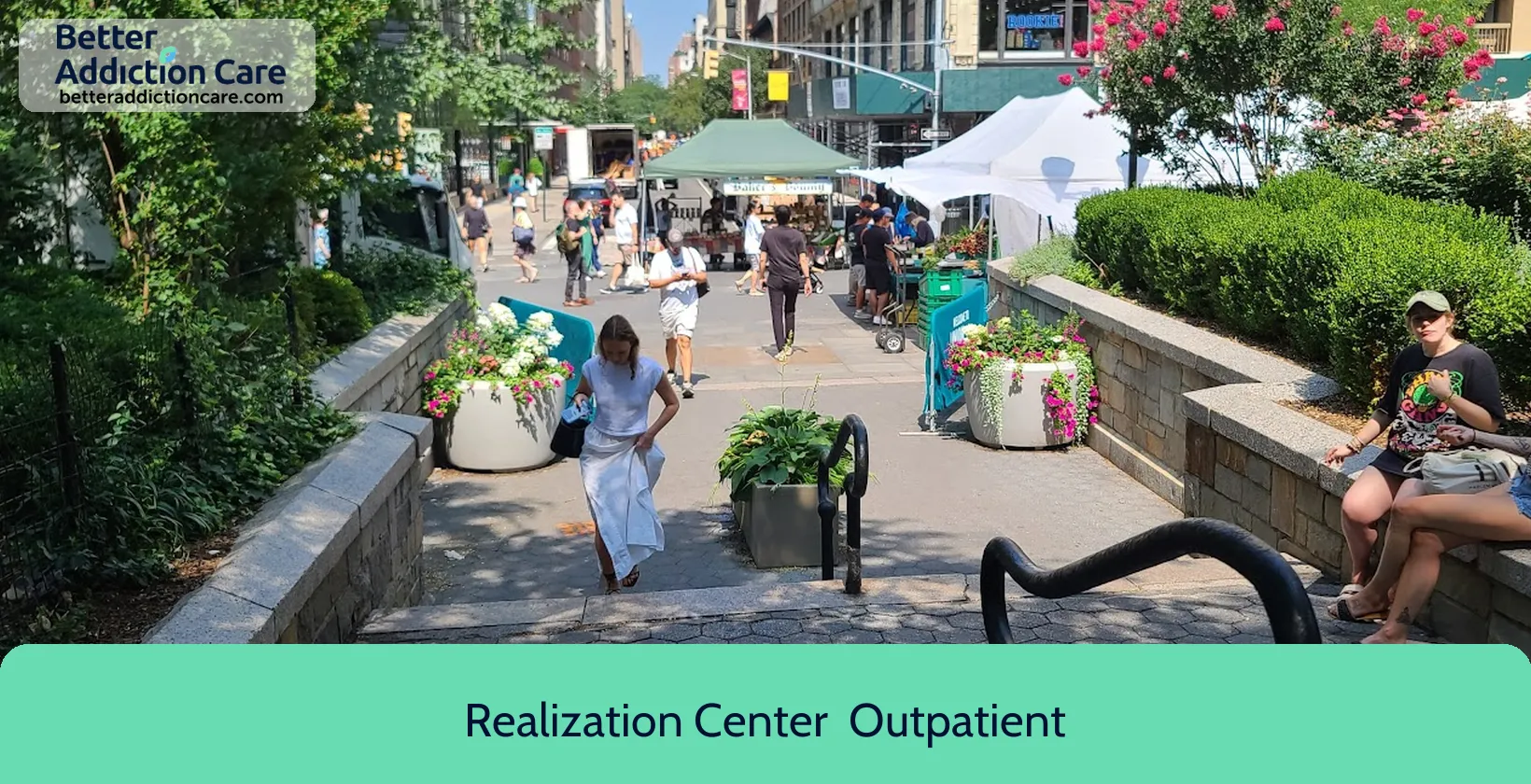
7.48
DISCLAIMER: The facility name, logo and brand are the property and registered trademarks of Realization Center - Outpatient, and are being used for identification and informational purposes only. Use of these names, logos and brands shall not imply endorsement. BetterAddictionCare.com is not affiliated with or sponsored by Realization Center - Outpatient.
